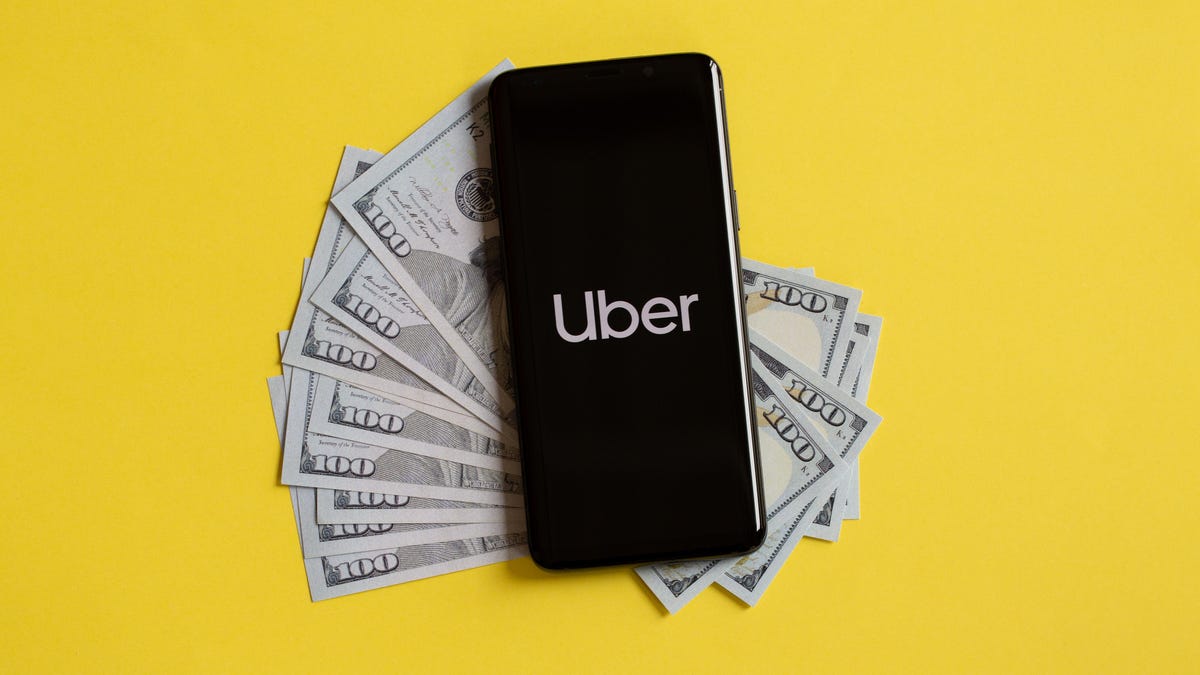Uber’s second-quarter earnings come in lower than expected
Saying farewell to three board members and 400 employees hasn’t helped the ride-hailing company’s bottom line.

It's been a rocky few months for Uber. The ride-hailing company went public in May only to see its stock price stagnate. Since then, three of its board members have stepped down, along with its COO and chief marketing officer. The company also laid off 400 employees.
Uber's second-quarter earnings, which it reported on Thursday, suggested the situation wasn't looking much better.
For the three-month period ended June 30, Uber posted a worse-than-expected loss of $4.32 per share. That's more than the $3.19 per share loss analysts surveyed by Yahoo had forecast. All told, that's a loss of $5.2 billion and the largest loss Uber has ever reported. Uber attributed more than half of that loss to expenses related to stock compensation paid to employees after its initial public offering.
Revenue was up 14% over a year ago but also came in lower than expected, totaling $3.17 billion. Analysts had forecast $3.36 billion. Uber's shares fell more than 12% in after-hours trading.
"The balance between the top and bottom line is more of an art, rather than a science," Uber CEO Dara Khosrowshahi said during an earnings call following the markets' close on Thursday.
He added that he's confident in the strength of the company, especially given user numbers and bookings are growing.
Uber's active monthly riders reached 100 million for the first time ever in the second quarter, offering insight into how often consumers use the company's services. Uber didn't say how its active user growth was affected by discounts it's been offering.
Internal shakeups have wracked Uber. Ryan Graves, Uber's first employee and first CEO, stepped down from the company's board of directors in May. And then two more board members, entrepreneur Arianna Huffington and venture capital investor Matt Cohler, resigned last month. Less than a week later, Uber said it was laying off 400 employees from its marketing department.
Competitor Lyft has also experienced a rough past few months. It too has seen faltering share prices and the departure of its COO. But in its second-quarter earnings, which were released on Wednesday, Lyft reported a 72% rise in revenue year-over-year. It still had losses of $644.2 million.
As Uber and Lyft have struggled as public companies, with some analysts questioning whether ride-hailing is a viable business model. Both companies said in filings that they have never been profitable and don't foresee that happening anytime soon.
It could be more than just profitability affecting investor confidence in Uber. Drivers, for example, have been unhappy with lower pay and longer working hours over the past couple of years. Two days before Uber's IPO, drivers held worldwide protests over the disparity of wealth between themselves and company employees.
Drivers are classified as independent contractors, rather than employees, which means they don't get Social Security benefits, health insurance, paid sick days and overtime. In California, things could change if a state bill that's working its way through the legislature passes.
Other states, like Massachusetts, are also looking at driver classification. And New York passed minimum wage laws for drivers earlier this year. To abate traffic congestion, the city also restricted the number of ride-hail cars allowed in certain parts of Manhattan. The cap was instituted for 12 months last year, and the city council voted Wednesday to extend it another year.
Khosrowshahi said in the earnings call that he didn't agree with the moves New York is making and that "the city is essentially introducing another medallion system." He also said Uber is in talks with people in California regarding the state bill and "we think there is a better way forward."
Originally published August 8, 1:17 p.m. PT.
Update, 3:01 p.m.: Adds information from earnings call.

